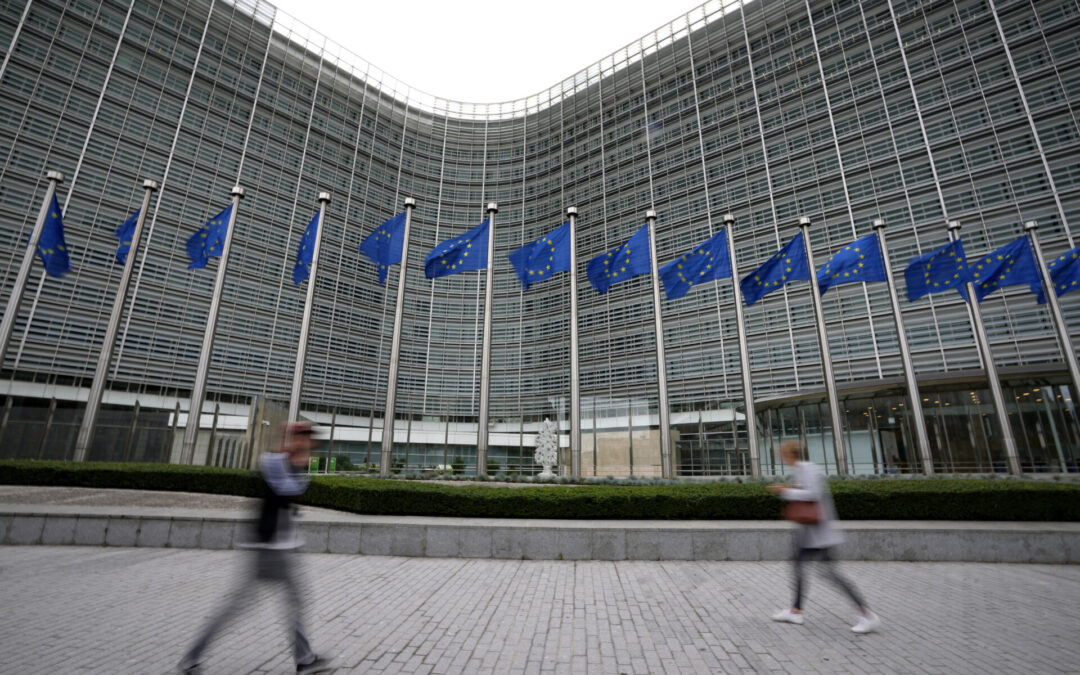Brussels – The planned Competitiveness Fund proposed by the European Commission in the multiannual budget for the period 2028 to 2034 is, according to Czech Minister of Industry Lukáš Vlček, still very general and it is necessary for the EU executive to come up with specific tools. The budget for the Competitiveness Fund is proposed at 409 billion euros (9.9 trillion crowns) and aims to support European companies and technologies and strengthen the competitiveness and resilience of Europe. In this context, the Czech Republic also emphasizes the removal of barriers in the EU internal market, Vlček added today in Brussels.
The Competitiveness Fund is a new initiative within the proposed EU multiannual budget from 2028. EU ministers of industry today held the first debate on this topic. The fund should not only increase competitiveness but also simplify administration and accelerate the path from research and development to industrial production of strategic technologies. It involves the consolidation of 14 current programs in the current seven-year budget of the European Union.
“The fund is still very general. We align ourselves with the countries that say we need the tools that the European Commission comes up with to be very specific,” Vlček told reporters. According to him, the Czech Republic, like Italy, says that “the fund is needed, but it needs to be simplified and various tools need to be connected into one.”
An amount of over 400 billion euros may seem small on one hand, however, for the competitiveness of Europe, according to Vlček, it is necessary to focus on a number of other steps. “There are still many barriers in the internal market that we, as the Czech Republic, criticize, and we come up with specific proposals on how to eliminate and simplify them,” said the Czech minister. “The main thing we need to get moving is capital, that is, access to capital mainly for small and start-up companies, which often find easier capital, for example, in the United States. That is one of Europe’s pains,” Vlček added.
The creation of the fund is still just a proposal, and many parameters may change during the negotiations on the new EU multiannual budget. Critics in this context warn especially that simplification often does not mean the removal of administrative barriers. Moreover, it is unclear what impact the fund will have on individual member states. Some are concerned that they may be at a disadvantage compared to “more experienced countries” that will be able to prepare higher quality projects and thus draw most of the funds. (September 29)
 go to the original language article
go to the original language article
